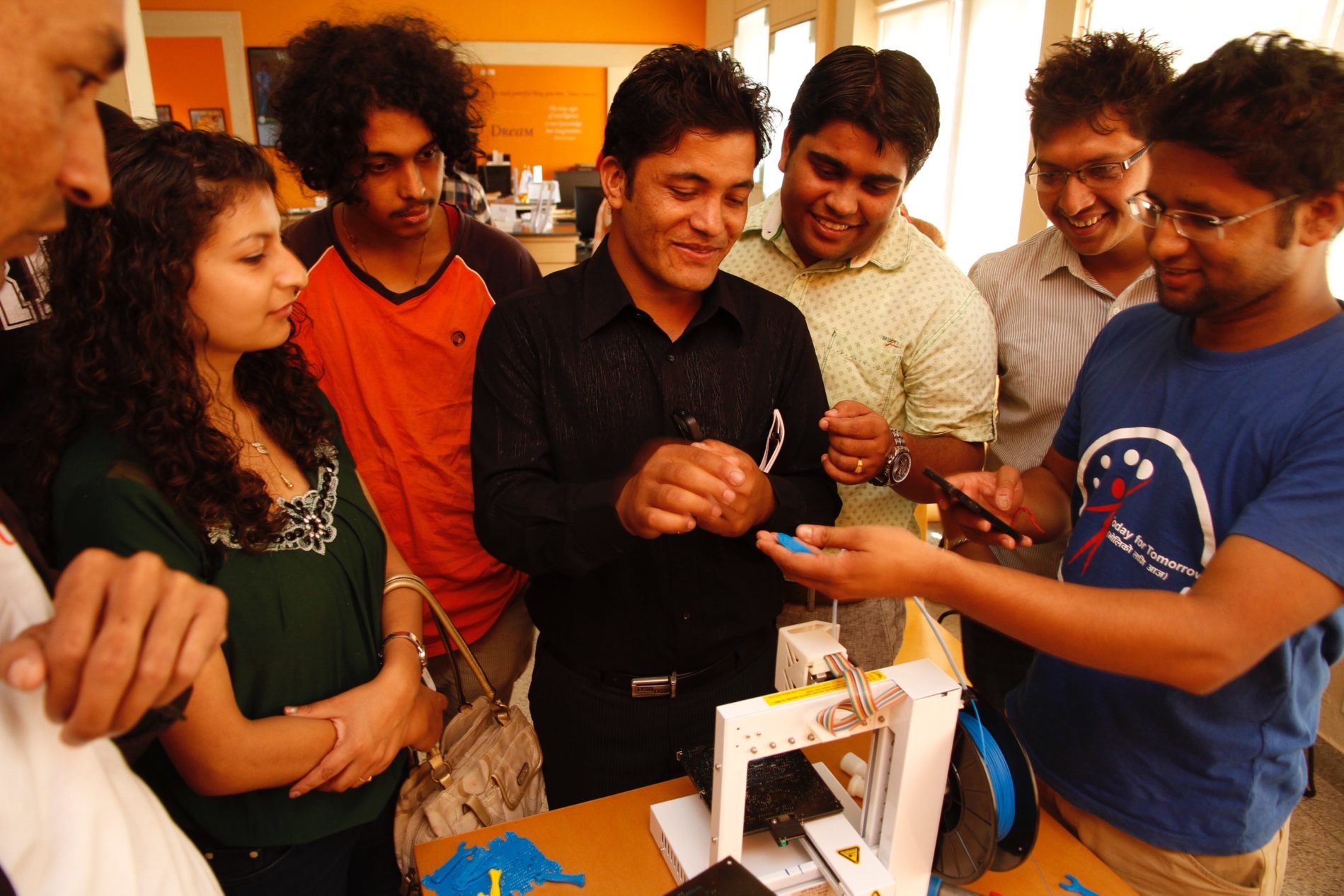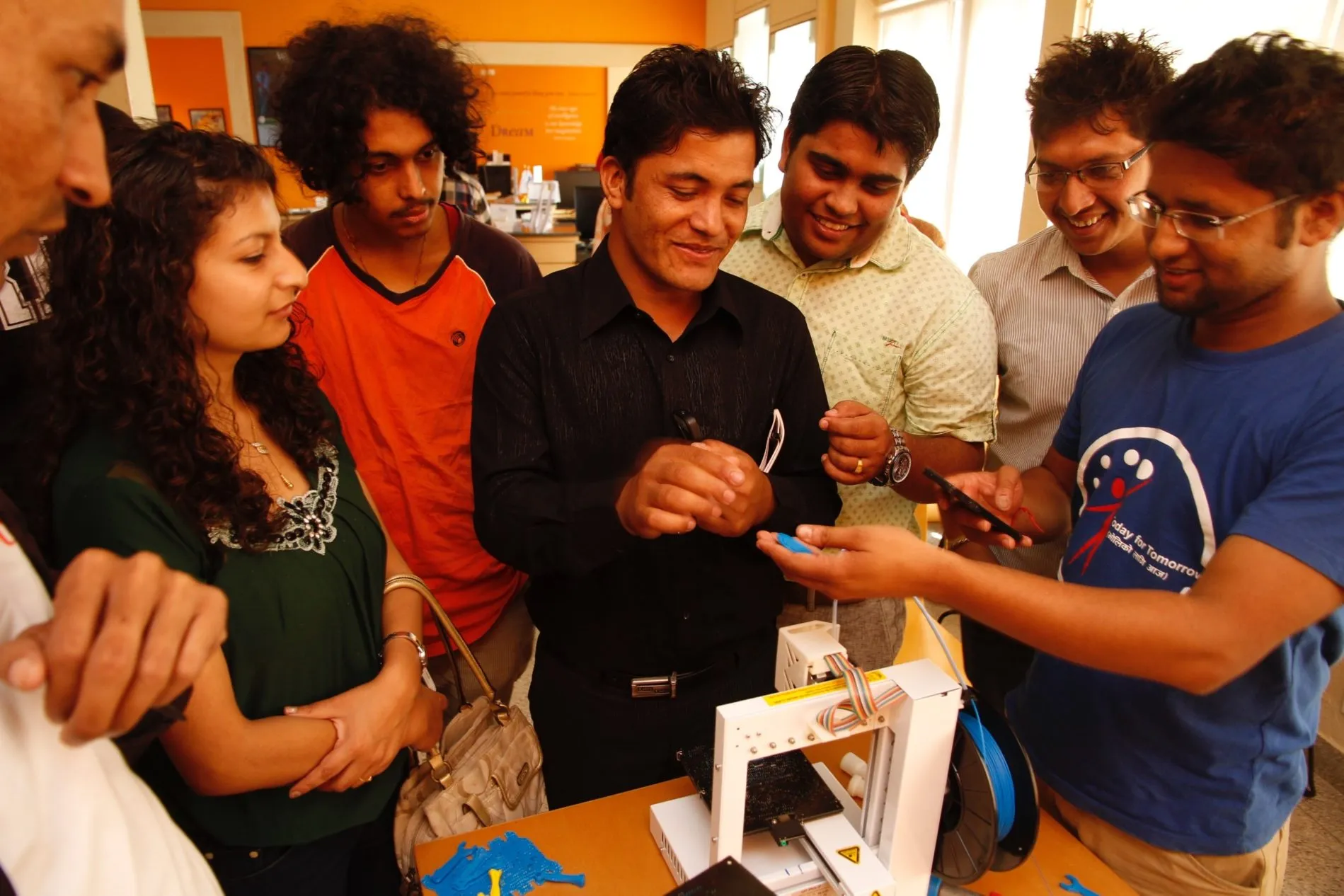Final Report: Rapid manufacturing - Refining the Approach
Output type
Report
Location
No items found.
Focus areas
No items found.
Topics
No items found.
Programme
Humanitarian Innovation
Organisations
Field Ready


This project aimed to transform the way humanitarian logistics are done by disrupting and improving supply chains through the use of technology, especially 3D printers (3DP), engaging and training local people in this approach. 3DP provides one way to disrupt the current challenges of providing relief programmes with the right supplies and may also help overcome barriers to importation that governments sometimes impose. International humanitarian response has yet to take full advantage of the opportunities afforded by such recent technological advances.The final report for the Development stage of this project provides information on the methodology, activities, outputs, impact and dissemination of learning.
No items found.
Attachments
Other resources
explore all resources
Rapid review of disability and older age inclusion in GBV
Research Snapshot: Simplifying treatment for malnutrition in humanitarian crises
Designing and implementing psychosocial interventions for children with severe acute malnutrition: Action contre la Faim’s experience in Nepal